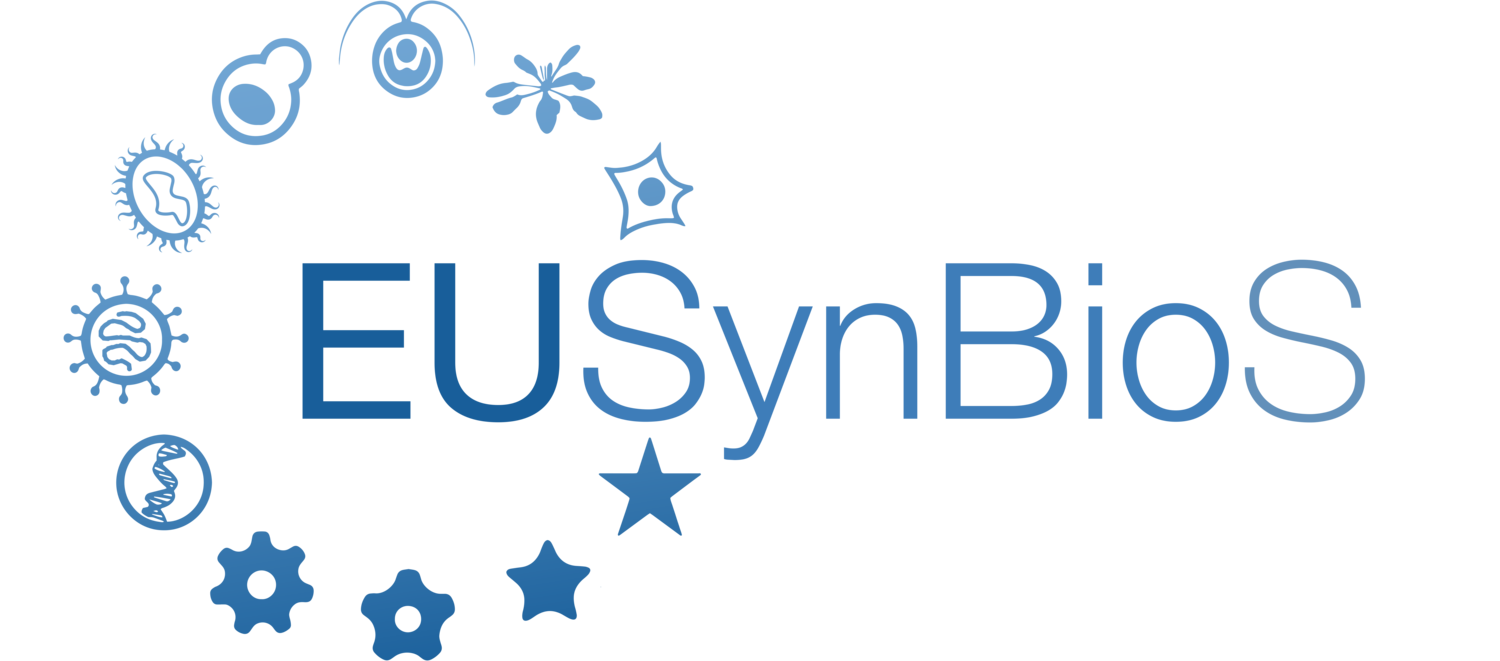3 Questions for Dr Tom Ellis
For the first of our series "3 Questions For" we talked to Dr Tom Ellis, one of our academic sponsors and senior lecturer in synthetic biology at Imperial College London. Read more about Dr Ellis' research on his lab webpage and follow him on Twitter @drtomellis
How did you become a synthetic biologist ?
I chose my PhD in 1999, and although synthetic biology wasn't on the radar in those days, I found myself researching ways to control promoters using drugs. By the time my PhD was finished in 2004, I saw papers emerging from the nascent synthetic biology community that really appealed to me. They were using rational approaches to engineer of promoters to control gene expression in microbes, and because they were doing it with standardised parts even a group of students were able to get results like the famous E.coli 'Hello World' photo that got the front page of Nature in 2005. I quit my day job at a drug development spin-out, visited the organisers of Cambridge's iGEM team and wrote to synthetic biology researchers asking for availability of postdoc positions. Many very busy US and UK professors were kind enough to give me detailed personal advice while I was searching - Pam Silver and Jim Haseloff, especially - and after a few months I was lucky enough to be starting as a postdoc with Jim Collins at Boston University. It's weird to think I just dropped a nice job at a young company in London simply because I was so excited by the research papers I was reading, but that's the way I was and I totally have no regrets (even though I missed out on share options when the spin-out sold for $440 million in 2013!)
Looking back to your time in graduate school, what piece of advice would you give someone who has just commenced their PhD research ?
Take ownership of your PhD project. No-one else is going to do your PhD for you and no-one should care more that its working or not working than you. If you're a PhD student then chances are that you are an intelligent, independently-minded adult and someone at your level in life should be capable of starting-up a small business or having a management role in a company. You have to think of your PhD project as your own business, and not the pet project of your supervisor. Nine months into my own PhD, I realised I wasn't happy going down the route I'd been given when I started, so I went and found my own collaborators and devised a related project that I thought would be much cooler. When I told my supervisor I wanted to change the topic he was delighted, because I'd taken charge and he could see I was now self-motivated to do my project making life much easier for him. Nothing is worse than the student who is 2 years into their PhD and moaning that they got given a bad project and hoping their supervisor will wave a magic wand.
What do you think is presently the major limiting factor for progress in the field of synthetic biology ?
It used to be DNA assembly, but with methods like Golden Gate that has become something straightforward and even automatable. The next hurdle was a lack of predictable and orthogonal parts, but many awesome papers in the last 5 years have now given us huge libraries for all the key parts, especially in E. coli. So right now the limiting factor for progress has got to be the cell itself. I could get a robot to assemble a cascade of 20 different logic gates in a plasmid within a week but transforming this into a cell and getting it to function would be tough. Why? Because a microbial cell like E.coli is an incredibly complex network of interactions all geared towards fast growth in rich food. Throwing in extra tasks for it to do that interact with all the cell machinery is like handing a Rubik's Cube to a Tour De France cyclist as they scale Alpe d'Huez - it's going to slow them down and probably not end with a happy outcome. A much better understanding of the interactions between a synthetic construct and the cell is what we need now to make the field move forward. Hopefully whole-cell simulations of microbial cells will soon become good enough to do this.

